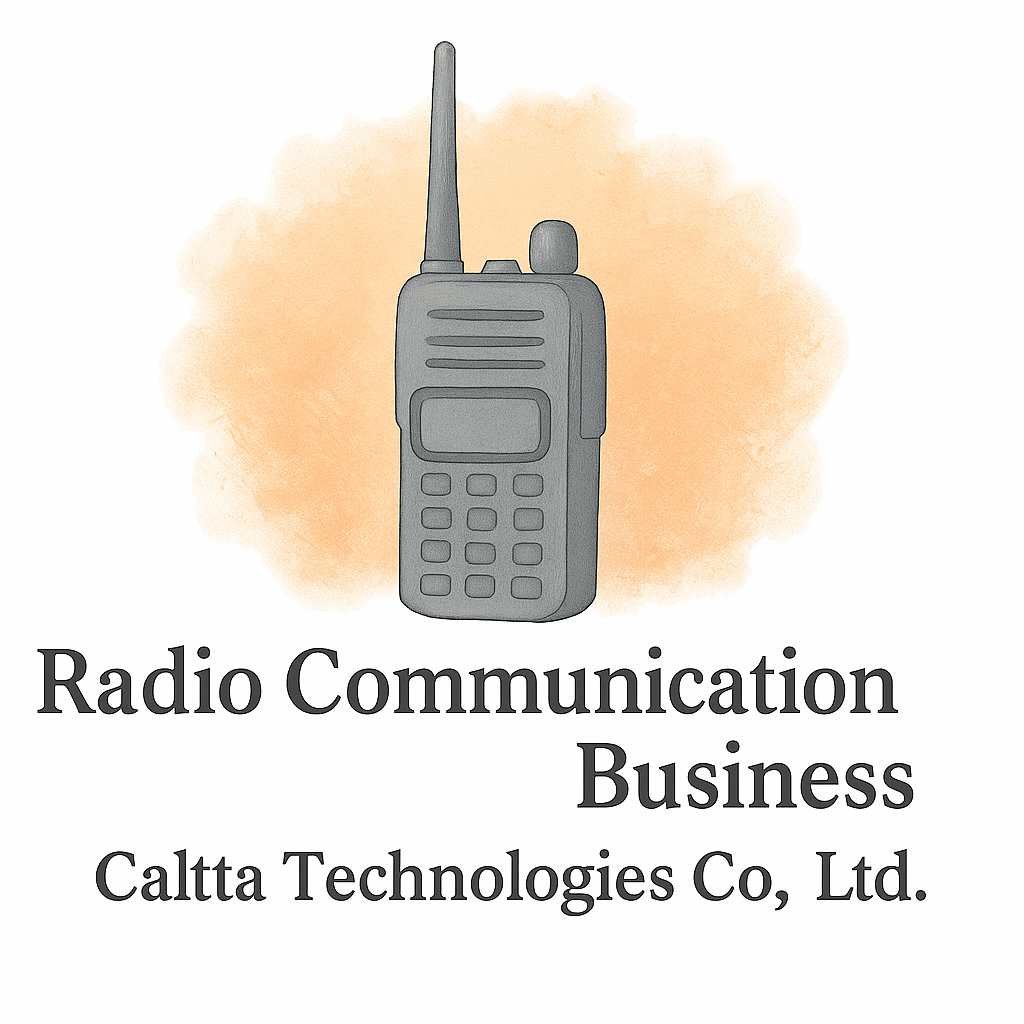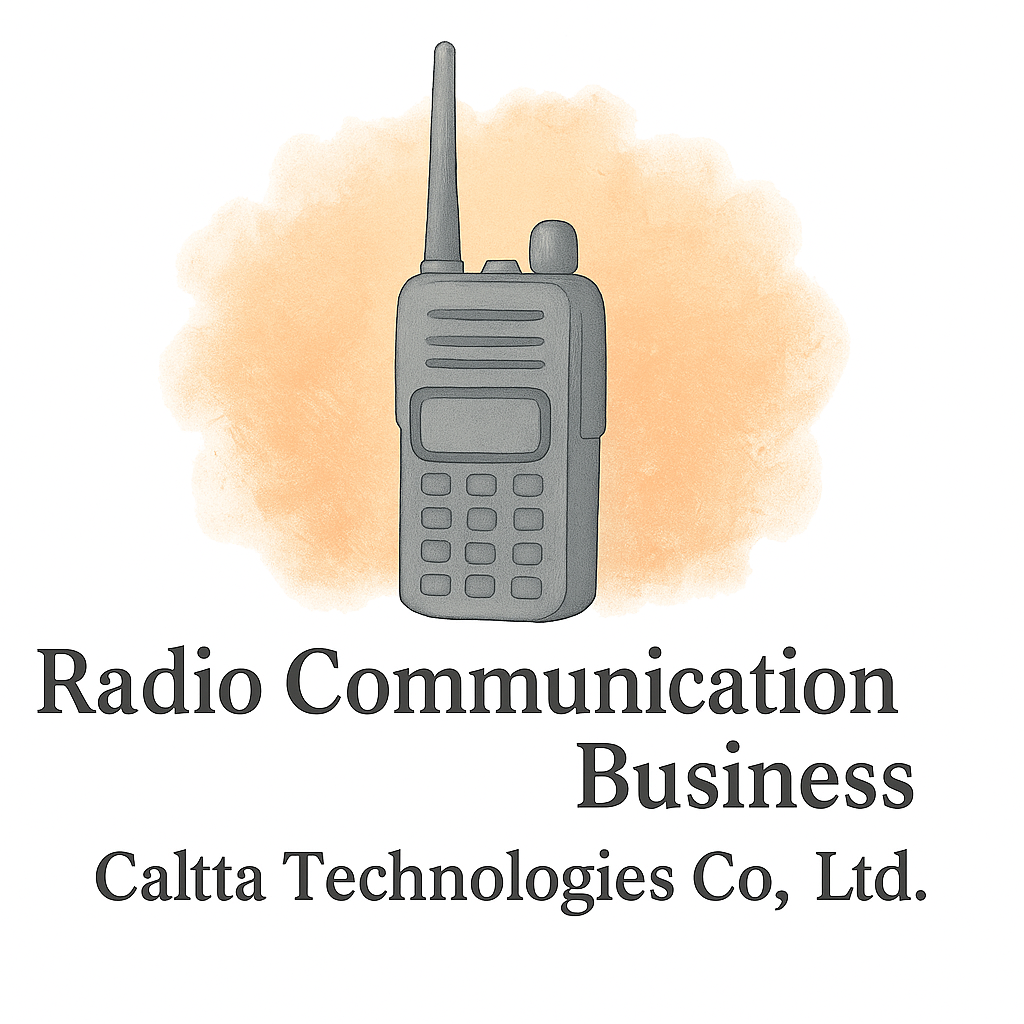Starting a radio communication company can be an exciting and profitable venture—but let’s be honest, it’s not a walkie-talkie in the park. Whether you’re a tech-savvy entrepreneur or a communication enthusiast with a vision, there are crucial questions you need to ask before flipping the switch. Let’s break it down in a conversational, no-fluff way.
Why Start a Radio Communication Company?
You’re not just launching a business; you’re becoming a part of an industry that’s essential for emergency services, logistics, construction, events, and more. From walkie-talkies on construction sites to secure two-way radios for first responders, radio communication still plays a massive role in our day-to-day operations.
The kicker? With the rise of smart tech, the industry is evolving fast—meaning now is a great time to dive in, if you’re prepared.
Let’s explore the 10 must-ask questions before you go all-in.
1. Who Is Your Target Market?
Understanding Niche Demands
Before investing a dime, ask: Who will actually use your services or products?
Emergency Services
These clients need rugged, secure, and reliable systems. Think fire departments, ambulance units, or disaster response teams.
Construction and Logistics
Workers in large, noisy environments need crystal-clear, durable radios with long battery life and noise cancellation.
Event Management
Temporary setups for concerts, festivals, and conferences demand flexible and easy-to-use systems with minimal setup time.
🎯 Tip: Check out Caltta International’s industry insights for deep dives into real-world use cases.
2. What Equipment Do You Need to Begin?
Basic vs Advanced Radio Equipment
From simple handheld devices to complex digital trunking systems, the tech varies widely. Think about:
- Analog vs. Digital radios
- Encryption capabilities
- GPS-enabled units
- Base stations
Infrastructure Setup
Don’t forget repeaters, antennas, software systems, and potential cloud-based communication tools. For equipment advice, check Caltta’s equipment and technology.
3. Do You Have a Clear Business Plan?
A business without a plan is like a radio without power—it’s not going to work.
Financial Forecasting and Growth
Lay out your expenses, expected revenue, and projected growth. Include:
- Start-up costs
- Operational expenses
- Break-even point
Use this financial planning guide to get started.
Risk Analysis
Ask: What could go wrong? Identify threats like tech disruptions, supply chain issues, and competition.

4. What Legal and Compliance Requirements Must Be Met?
Licensing and Spectrum Regulation
You can’t operate just anywhere on the spectrum. You’ll need to:
- Apply for a license from your national telecommunications authority
- Understand spectrum allocation
- Avoid interference with emergency channels
Explore articles under regulation and compliance for more details.
Industry Compliance Standards
Depending on your region, there may be safety, data protection, and communication standards to meet.
5. How Will You Finance Your Business?
Funding Options: Loans, Grants, and Investors
Whether you’re bootstrapping or chasing venture capital, financing determines your runway.
Budgeting and Cash Flow Planning
Avoid the classic budget mistakes that drain cash fast. Create multiple financial scenarios (worst, average, best) and keep some emergency funds handy.
Pro Tip: Keep recurring costs low and prioritize investments that drive ROI.
6. What’s Your Marketing and Branding Strategy?
Building a Memorable Brand
What’s your brand personality? Are you rugged and reliable, or sleek and high-tech? Your branding should reflect that.
Head over to marketing & branding to learn how to create a brand that speaks to your audience.
Multi-Channel Marketing Approach
Combine online and offline strategies:
- SEO-optimized website
- Social media engagement (social media)
- Trade shows and conferences
- Targeted ads and local promotions
7. Who Are Your Competitors and What Sets You Apart?
Conducting Market Research
Before launching, check out what others in the radio communication space are doing. Identify:
- Gaps in service
- Pricing models
- Customer feedback trends
Finding Your Unique Value Proposition
What makes your business the better choice? Is it:
- 24/7 tech support?
- Eco-friendly equipment?
- Integrated software solutions?
Be bold, be different.
8. Do You Have a Reliable Supply Chain?
Vendor Relationships
Your suppliers can make or break your business. Choose vendors with a proven record and flexibility.
Explore tools and resources for supply chain setups under equipment and tools.
Inventory Management Tips
Don’t overstock, but don’t run out either. Consider using smart inventory tools that track usage patterns and forecast demand.
9. How Will You Ensure Customer Satisfaction?
Technical Support & Customer Service
One bad radio experience can ruin a client’s trust. Offer:
- 24/7 tech support
- In-person demos
- Training workshops
Building Long-Term Relationships
Use CRM tools to manage interactions and maintain post-sale communication. Think follow-ups, discounts, and referral programs.
Browse cost-saving hacks and customer tips to level up your retention strategy.
10. Are You Ready for Technological Changes?
Staying Ahead of the Curve
From 5G to IoT integration, tech is constantly evolving. Keep your radar on trends in:
- Digital radio technology
- AI-powered signal optimization
- Software-defined radios (SDRs)
See tech updates and changes that are shaping the future.
Future-Proofing Your Business
Keep innovating. Attend industry events, network with professionals, and never stop learning. Check out Caltta’s guide to business startup basics to stay prepared.
Final Thoughts
Launching a radio communication company isn’t just about selling walkie-talkies—it’s about solving communication challenges with purpose-built solutions. If you’re asking the right questions, doing the groundwork, and leaning into technology, you’ve got what it takes.
📡 So go on—tune into success and make your mark.
For more insights, head over to Caltta International—your go-to source for everything radio communication, from setup to scale-up.
FAQs
1. Is radio communication still relevant in the age of smartphones?
Absolutely. Radios offer reliability, privacy, and instant communication in environments where smartphones fail.
2. How much does it cost to start a radio communication company?
It depends on your scale, but expect to invest between $10,000–$100,000 for equipment, licensing, and infrastructure.
3. What licenses do I need for radio communication services?
You’ll need a license from your national telecom authority, and maybe additional permits depending on your country or state.
4. How can I market my radio communication company effectively?
Use SEO, social media, conferences, and industry-specific partnerships. Learn more here.
5. What industries are best suited for radio communication services?
Construction, logistics, public safety, event management, and more.
6. How can I stay updated with new tech trends in the industry?
Follow Caltta’s industry insights, attend events, and join networking communities.
7. What are common mistakes to avoid when starting this business?
Poor planning, ignoring compliance, choosing the wrong vendors, and weak marketing. See more mistakes to avoid.


